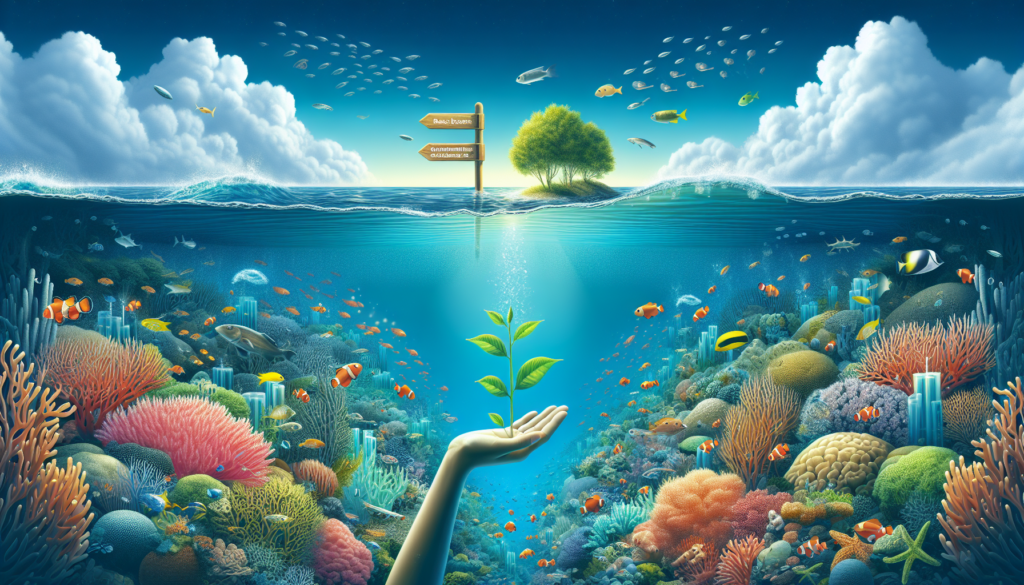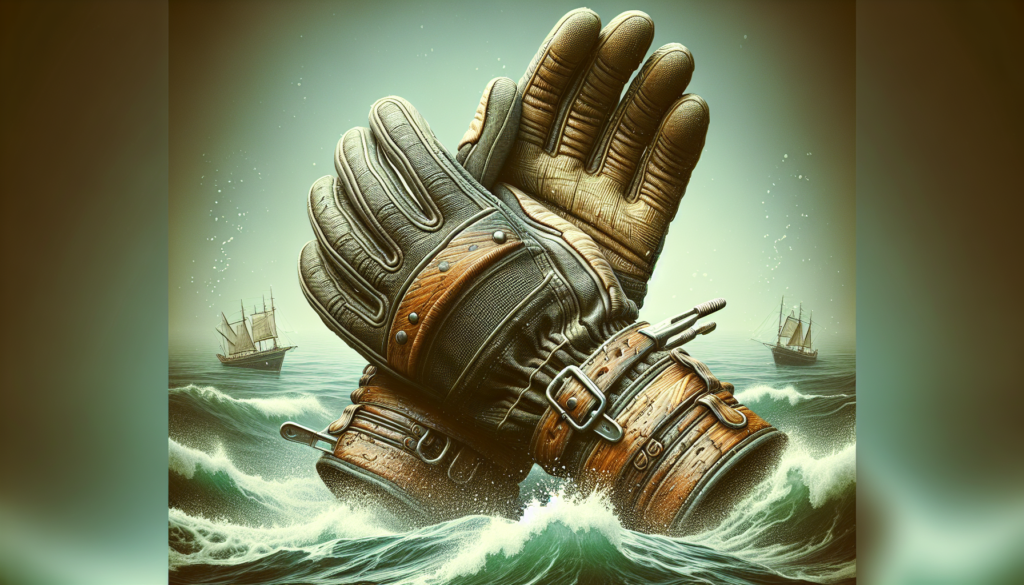Unlocking the Secrets of Marine Conservation Tips
Marine conservation is a critical issue that affects not only the vast oceans and the creatures that inhabit them but also us, humans, who depend on these ecosystems for our survival. In recent years, the degradation of marine environments due to pollution, overfishing, climate change, and other human activities has become a pressing concern. However, there is hope in the form of marine conservation tips that can help protect and preserve our oceans for future generations. In this comprehensive guide, we will delve deep into the world of marine conservation tips, exploring different strategies, techniques, and approaches to safeguarding our marine ecosystems.
The Importance of Marine Conservation
Before we dive into the practical tips for marine conservation, let’s first understand why it is so crucial to protect our oceans. Marine ecosystems play a vital role in regulating the Earth’s climate, providing food and livelihoods for millions of people, and supporting biodiversity. However, these ecosystems are under threat from various human activities, including pollution, habitat destruction, and overfishing. By conserving marine environments, we can help ensure the continued health and productivity of our oceans, benefiting both marine life and human communities.
Reducing Plastic Pollution
One of the most pressing issues facing our oceans today is plastic pollution. Every year, millions of tons of plastic waste end up in the ocean, harming marine life and ecosystems. To combat this problem, individuals can take simple steps to reduce their plastic consumption, such as using reusable bags, bottles, and containers, and recycling properly. Additionally, participating in beach cleanups and supporting policies that promote plastic reduction can help mitigate the impact of plastic pollution on marine environments.
Supporting Sustainable Fishing Practices
Overfishing is another major threat to marine biodiversity and ecosystems. To ensure the long-term health of fish populations and marine ecosystems, it is essential to support sustainable fishing practices. This includes following fishing regulations, avoiding endangered species, and choosing seafood products that are certified as sustainable. By making informed choices about the seafood we consume, we can help protect marine ecosystems and ensure the viability of fisheries for future generations.
Creating Marine Protected Areas
Marine protected areas (MPAs) are designated regions of the ocean where human activities are restricted to protect marine biodiversity and ecosystems. By establishing MPAs, governments and conservation organizations can safeguard critical habitats, protect endangered species, and promote sustainable resource management. Individuals can support the creation and expansion of MPAs by advocating for their establishment, volunteering for marine conservation organizations, and raising awareness about the importance of these protected areas.
Reducing Carbon Footprint
Climate change poses a significant threat to marine ecosystems, causing ocean acidification, sea level rise, and changes in ocean temperature and currents. To combat climate change and its impacts on marine environments, individuals can take steps to reduce their carbon footprint. This includes using energy-efficient appliances, driving less, and supporting renewable energy sources. By reducing greenhouse gas emissions, we can help mitigate the effects of climate change on the oceans and marine life.
Conserving Water Resources
Water conservation is another essential aspect of marine conservation, as freshwater resources are interconnected with marine ecosystems through rivers, estuaries, and coastal areas. By reducing water wastage, preventing pollution, and protecting freshwater habitats, individuals can help maintain the balance of water resources and support healthy marine ecosystems. Simple actions such as fixing leaks, using water-saving devices, and planting native vegetation can all contribute to water conservation efforts.
Engaging in Citizen Science Projects
Citizen science projects provide an opportunity for individuals to contribute to marine conservation efforts by collecting data, monitoring marine species, and participating in research initiatives. By getting involved in citizen science programs, people can help scientists and conservationists gather valuable information about marine ecosystems, track changes over time, and identify conservation priorities. Citizen science projects also raise awareness about marine conservation issues and empower individuals to take action to protect the oceans.
Expert Opinions
To gain further insights into the world of marine conservation tips, we reached out to Dr. Emily Ling, a marine biologist and conservationist with over 15 years of experience in the field. According to Dr. Ling, “Marine conservation is a complex and multifaceted issue that requires a holistic approach. By combining scientific research, policy advocacy, community engagement, and public education, we can make a real difference in protecting our oceans and marine life.” Dr. Ling emphasizes the importance of collaboration and cooperation among stakeholders to achieve meaningful conservation outcomes.
Conclusion
As we conclude our exploration of marine conservation tips, it is clear that individual actions can make a significant impact on the health and sustainability of our oceans. By following simple guidelines such as reducing plastic pollution, supporting sustainable fishing practices, creating marine protected areas, and conserving water resources, we can all contribute to the conservation of marine ecosystems. Together, we have the power to protect our oceans and ensure a healthy future for generations to come. Let’s take action today to safeguard the wonders of the sea for tomorrow.
Remember, the oceans are a precious resource that sustains life on Earth. By implementing marine conservation tips in our daily lives and supporting initiatives that protect marine environments, we can make a difference in preserving these vital ecosystems for future generations. The time to act is now, so let’s all do our part to protect the oceans and ensure a sustainable future for all.



